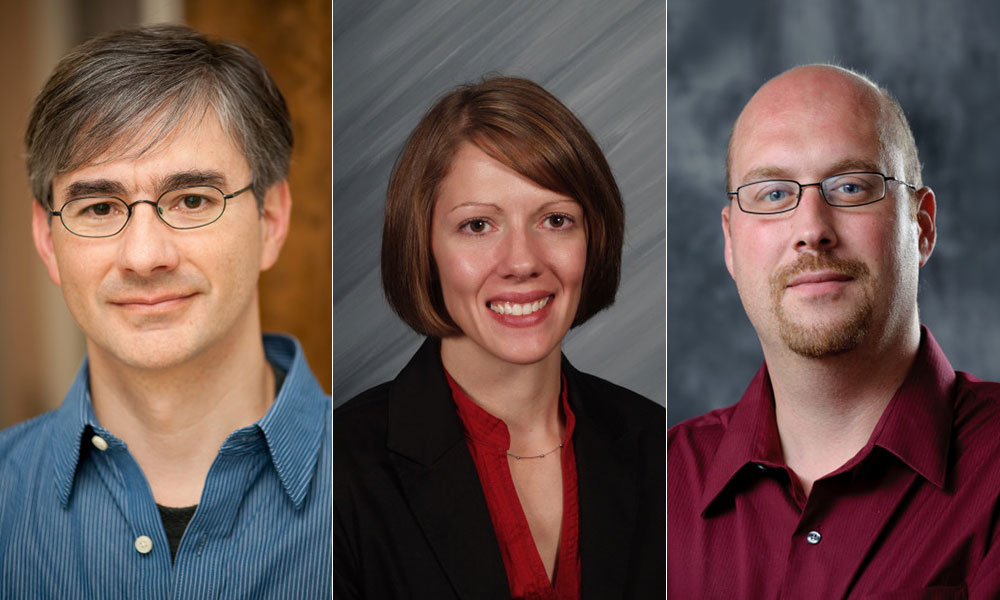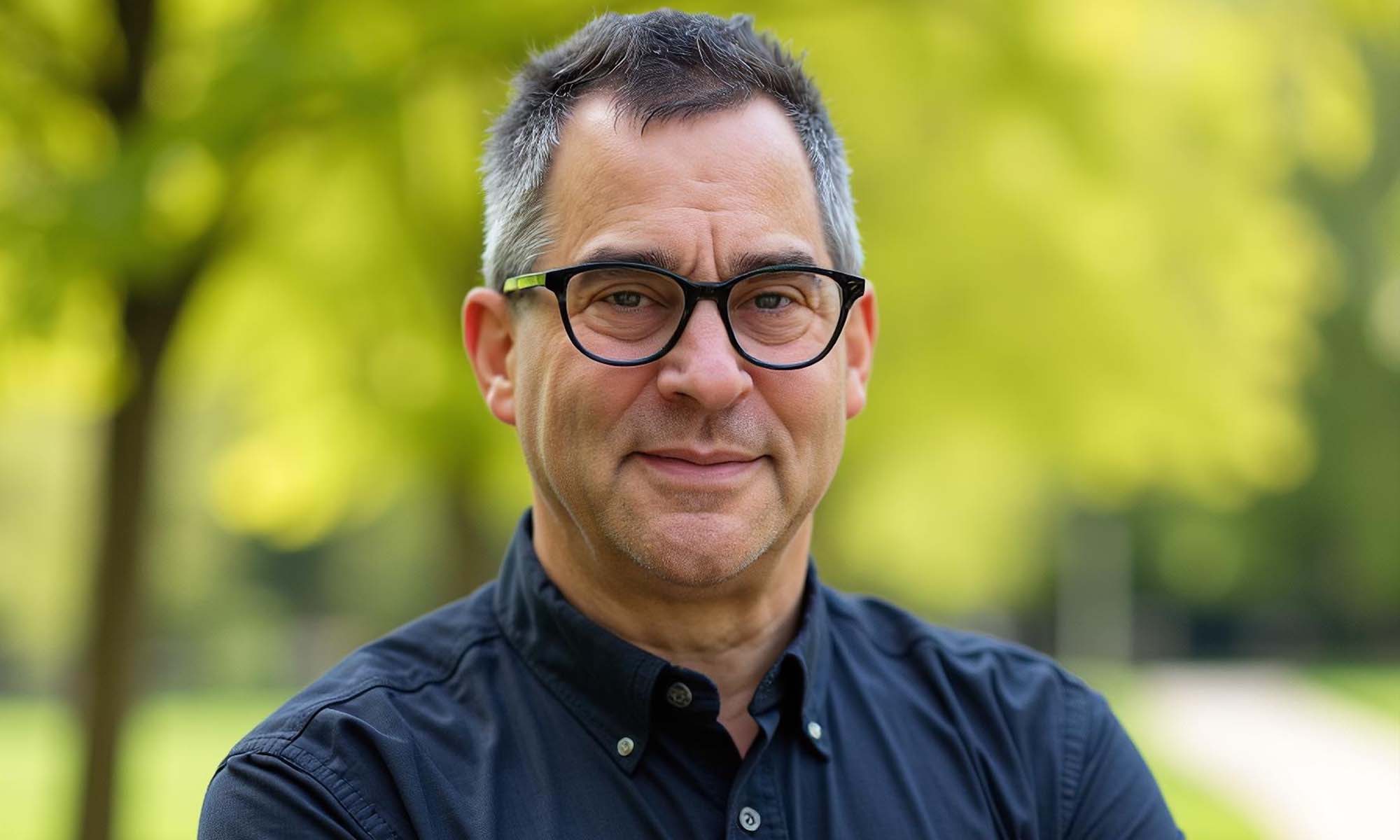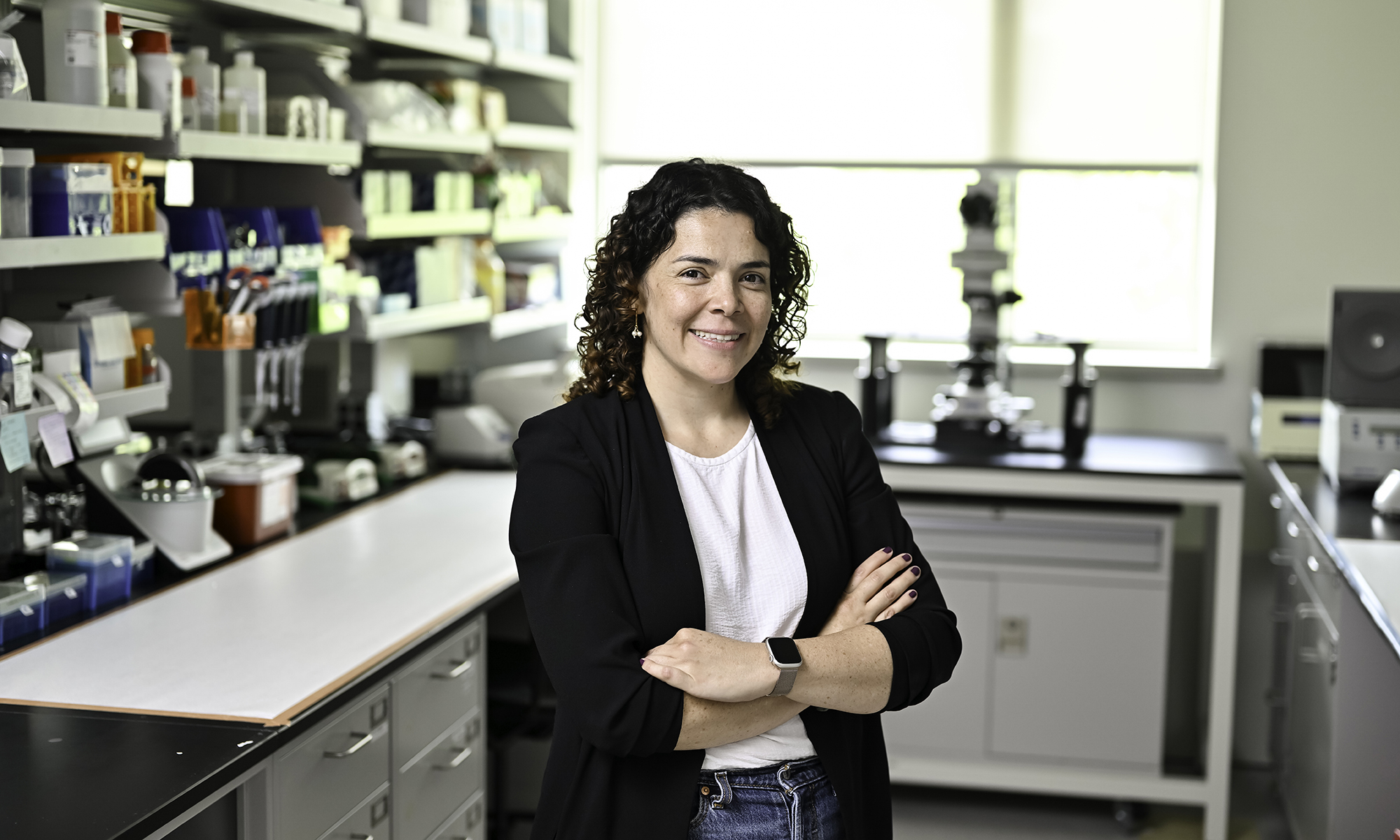The National Science Foundation (NSF) has granted its most prestigious award in support of junior faculty, the Faculty Early Career Development (CAREER) Program, to three University of Rochester researchers: Antonio Badolato, Danielle Benoit, and Michael Neidig.
The NSF CAREER award is given to promising scientists early in their careers and recognizes “outstanding research, excellent education and the integration of education and research.” The award also comes with a federal grant towards their research and education activities.
“NSF CAREER awards recognize outstanding researchers early on in their careers ,” said Provost Peter Lennie. “These awards are a powerful testimonial to the exceptional talents of our young faculty, who contribute so much to our vitality, and of whom we are very proud.”
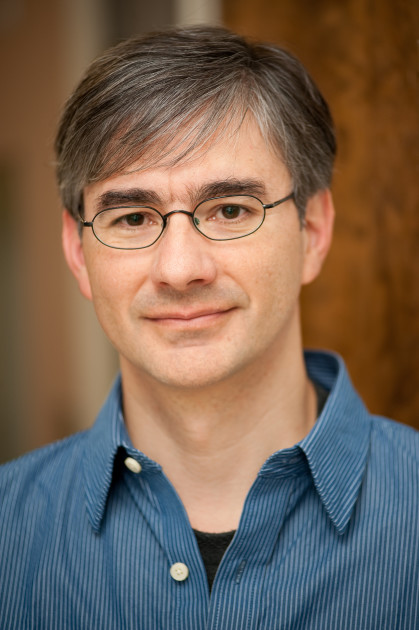
Badolato, assistant professor of physics, won a CAREER award for his proposal to harness the quantum nature of light in semiconductor nanostructures. The goal of the project is to confine light in nanophotonic structures that mimic genetic evolution and then produce, from a tiny chip, a type of light that is very different from the light generated by the sun or by a laser, for example.
Badolato explained that this research can transform how light and electronics are integrated on a chip. “Advances in this field have the potential to lead to computing and communication devices with superior performances, and with transformative applications in defense, energy, and manufacturing,” said Badolato. He added that the project also has strong implications at a fundamental level; a better understanding of the nature of light is tied to modern physics and measurement theory.
“I am honored to receive a NSF CAREER award,” Badolato said. “I want to build on Rochester’s long tradition in the field of optics and extend it into condensed matter, applying new advances in nanotechnology and materials science.”
Badolato was born in Italy and studied there before coming to the U.S. for his graduate studies, earning a Ph.D. from the University of California at Santa Barbara in 2005. He joined the University of Rochester as an assistant professor in 2009 after a few years in Switzerland as postdoctoral researcher and senior scientist at the Swiss Federal Institute of Technology (ETH).
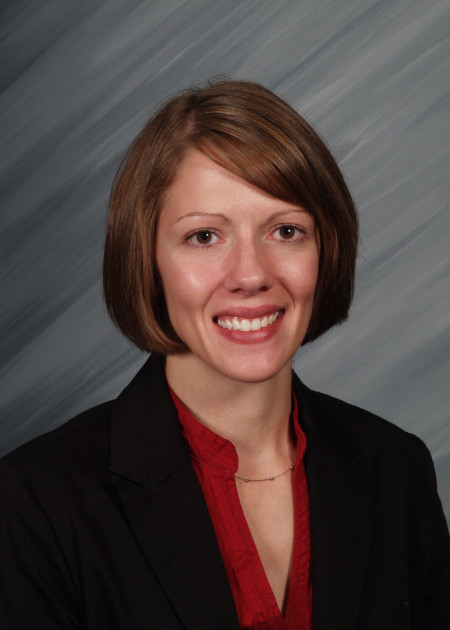
Benoit, the James P. Wilmot Distinguished Assistant Professor of Biomedical Engineering, is being recognized for her work in regenerative medicine and drug delivery applications. Benoit also has appointments in chemical engineering and the Center for Musculoskeletal Research.
“We are developing a completely novel and potent site-directed therapy to treat bone diseases, with a focus on osteoporosis,” said Benoit. “It’s an honor to have the National Science Foundation recognize and support our efforts.”
The award from the NSF, which comes with a $500,000 grant over five years will support Benoit¹s research to significantly advance therapeutic strategies for osteoporosis and, if successful, the approaches developed will be readily adaptable to treat other bone diseases. Benoit will also dedicate a part of the award to develop educational outreach programs to excite children in grade school and high school about STEM careers.
Much of Benoit’s research involves regenerative strategies, including tissue engineering and drug delivery approaches, for musculoskeletal applications with a focus on bone.
Benoit received her undergraduate degree in biological engineering from the University of Maine and M.S. and Ph.D. degrees in chemical engineering from the University of Colorado. She then trained at the University of Washington where she was a Damon Runyon Cancer Research Foundation Postdoctoral Fellow. Benoit joined the faculty at the University of Rochester in 2010.
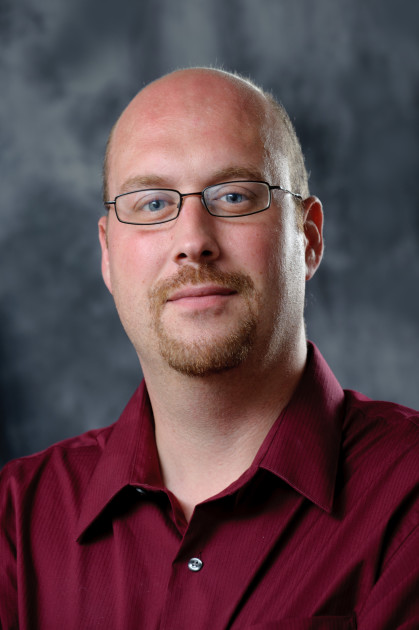
assistant professor of chemistry. Photo by Brandon Vick/University of Rochester.
Neidig, an assistant professor of chemistry, conducts research that involves a detailed understanding of the reactions in which carbon-hydrogen bonds are broken and other molecules replace the hydrogen atoms. One objective of Neidig’s work is to develop materials that can more efficiently synthesize pharmaceuticals.
Neidig points out that despite early successes in the field, a molecular understanding of the electronic structure, bonding, and reactivity remains largely undefined.
“This is a big picture distinction,” said Neidig. “It’s inspiring to have our research valued by experts in the scientific community.”
Neidig will use part of the grant money to develop educational outreach programs in the Rochester community, including lab experiences for high school students and a short course for the Upward Bound program at the University designed to inspire underrepresented students to pursue careers in STEM.
Neidig earned his Ph.D. in chemistry at Stanford University and his M.Phil. in chemistry at the University of Cambridge in the U.K. He worked as a postdoctoral fellow at Los Alamos National Laboratory before joining the Department of Chemistry faculty at the University of Rochester in 2011.
If you are a faculty member interested in applying for an NSF CAREER award, the Arts, Science & Engineering Dean’s Office is holding a workshop on April 20. For more information visit: http://www.rochester.edu/college/research/workshop-rsvp.html.

